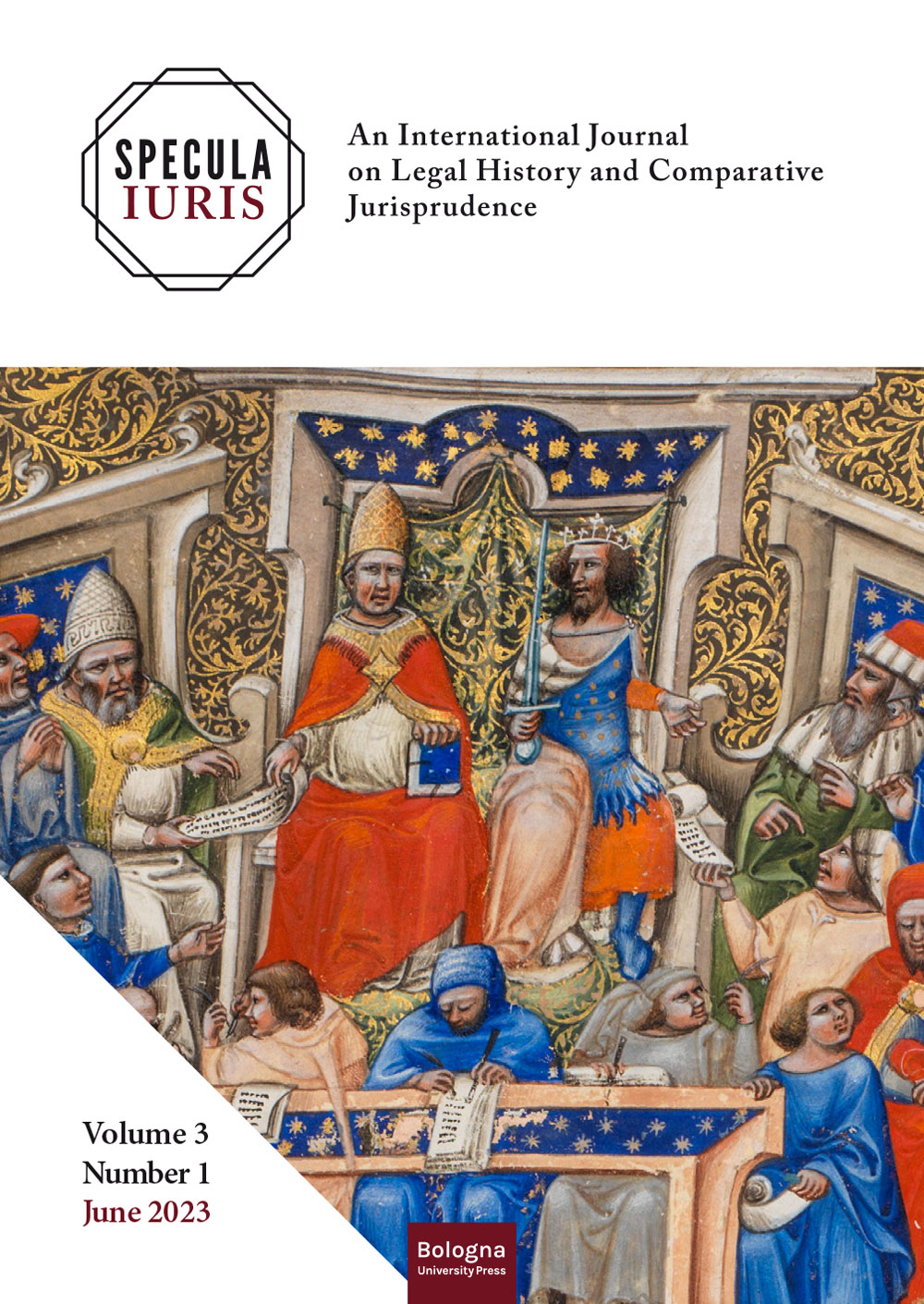Deformità o illegittimità? Alcune considerazioni sul νόμος licurgico relativo all’ἀγεννὲς καὶ ἄμορφον (Plut. Lyc. 16.1-2)
Published 2023-10-11
Keywords
- Sparta, Lycurgus, Plutarch, filiation, deformity
How to Cite

This work is licensed under a Creative Commons Attribution 4.0 International License.
Abstract
In a well-known, debated passage from his Life of Lycurgus, Plutarch reports that in Sparta the destiny of the newborns was in the hands of the elders of the tribe (not of the father, as usually happened elsewhere); he adds that the elders sent the deformed babies to death (it is unclear whether directly, by precipitation, or indirectly, by exposure). Modern
scholars have at length debated both the reliability of this news (not recorded by any other ancient source) and its actual content. In an overall re-examination of the passage, which includes especially an analysis of some of its lexical and structural elements, this contribution aims to demonstrate that the object of the scrutiny by the Spartan πρεσβύτατοι were not the infants, but more likely the children (Plutarch calls them παιδάρια) who were old enough to enter the ἀγωγή; the main element which determined a judgement of rejection (indicated in the Plutarchean passage by the adjectives ἀγεννὲς καὶ ἄμορφον) was the illegitimate birth of the kid

